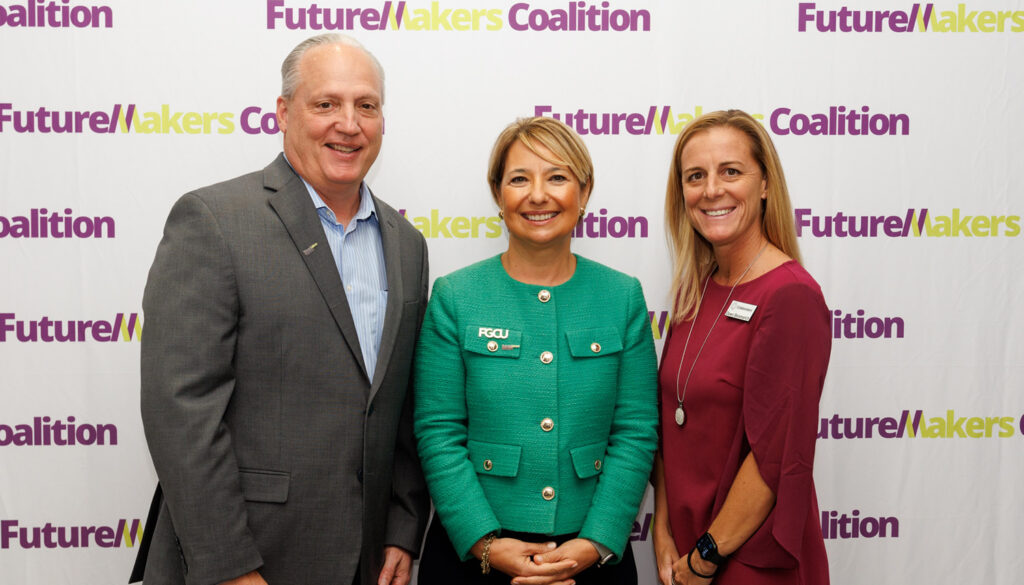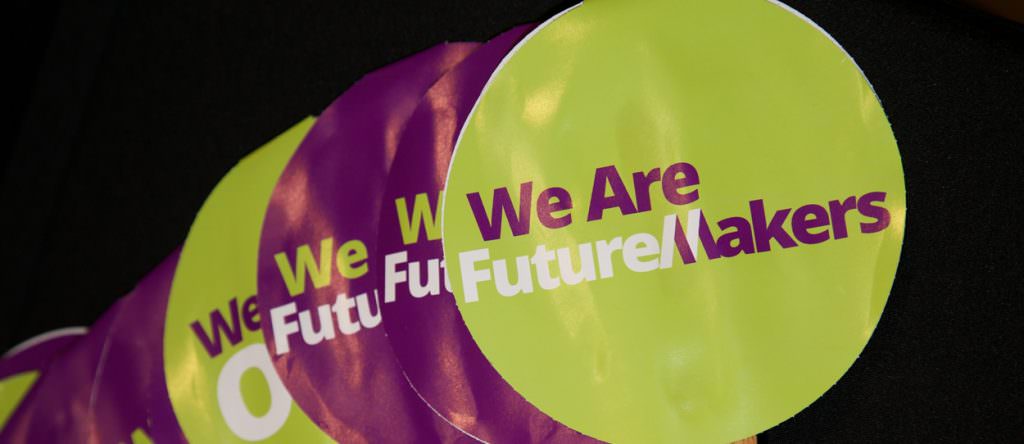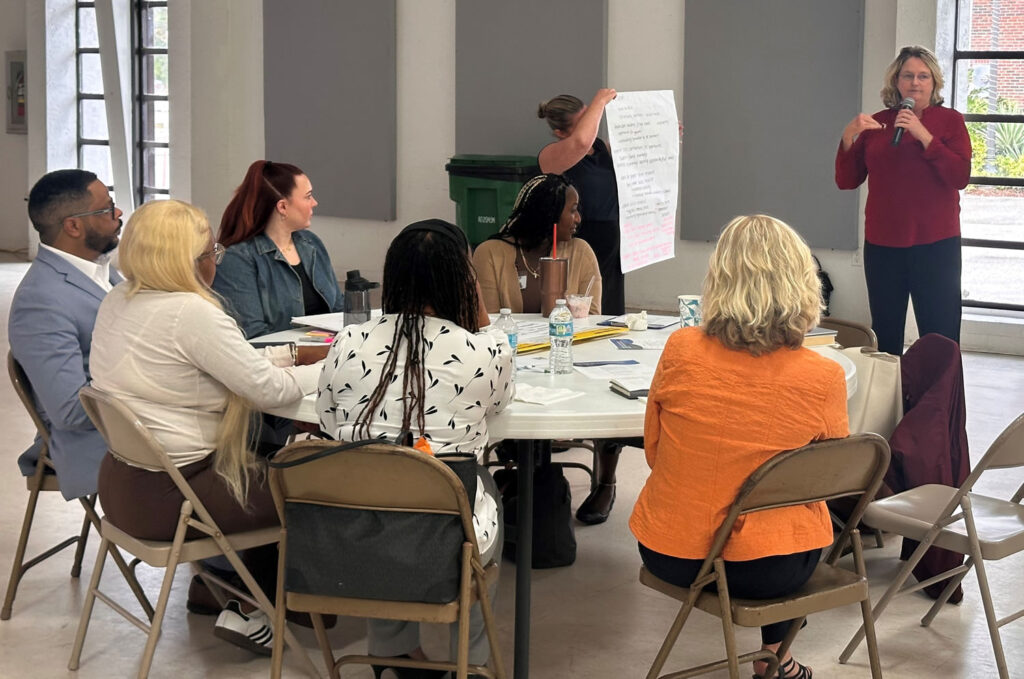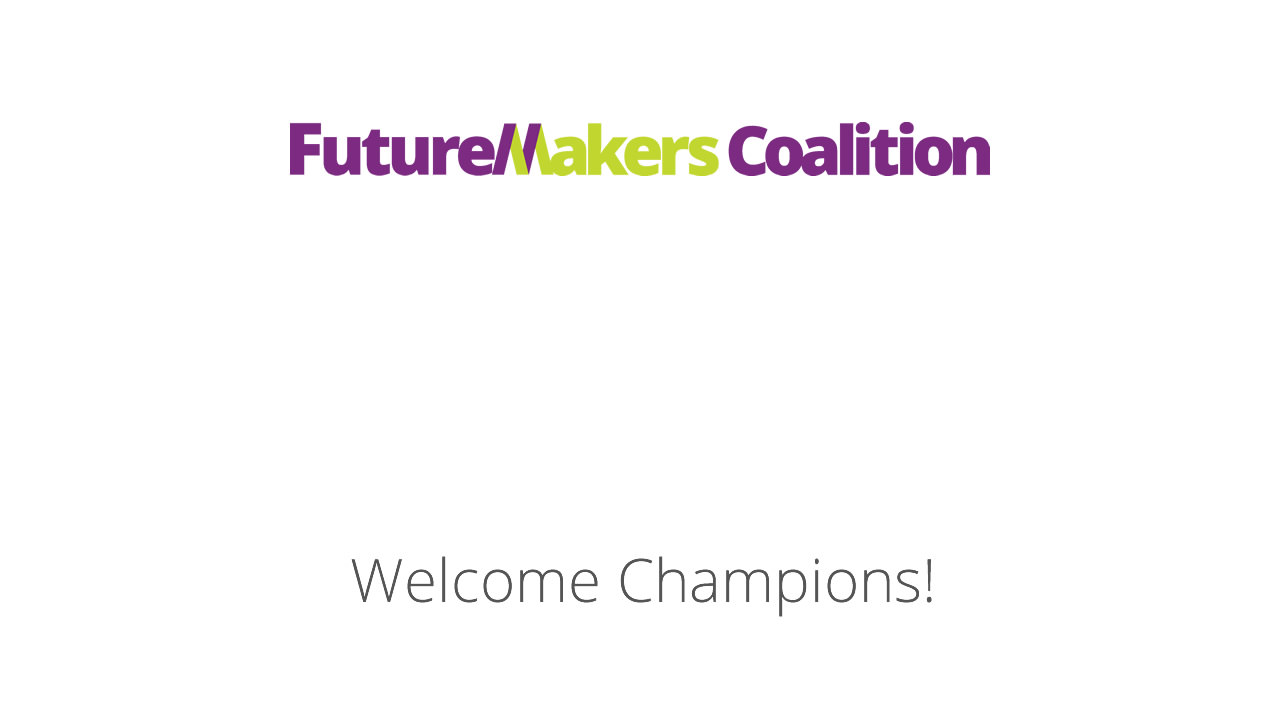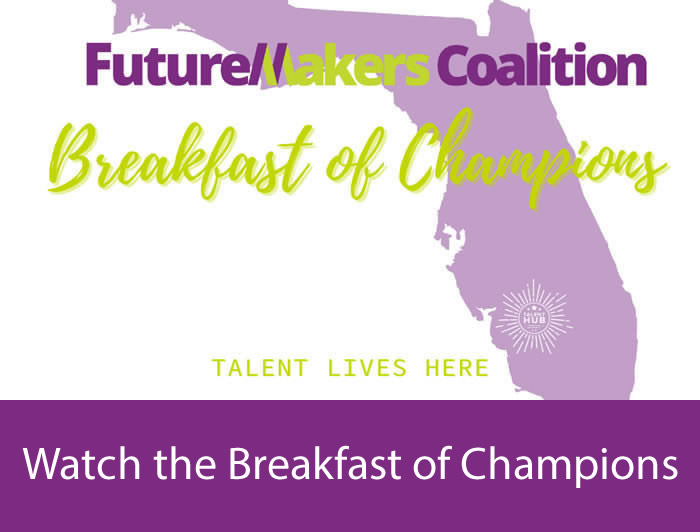The FAFSA Completion Rate refers to the percentage of students who successfully complete and submit the Free Application for Federal Student Aid (FAFSA). This form is essential for determining eligibility for federal financial aid for college or vocational school. The completion rate is often tracked by individual high schools, states, and federal agencies to assess how many students are taking the necessary steps to apply for financial aid.
For high schools, the FAFSA completion rate can be a measure of how well students are being prepared for post-secondary education and whether they are accessing financial aid resources. Higher completion rates generally indicate that more students are taking advantage of financial support opportunities, which can reduce barriers to higher education and potential debt associated with education after high school.
FAFSA completion declined significantly in the fall of 2022, which is also when the region was impacted by Hurricane Ian and the FAFSA form was changed and delayed. Southwest Florida needs 2,110 more students to complete the FAFSA to achieve the 100% target.




